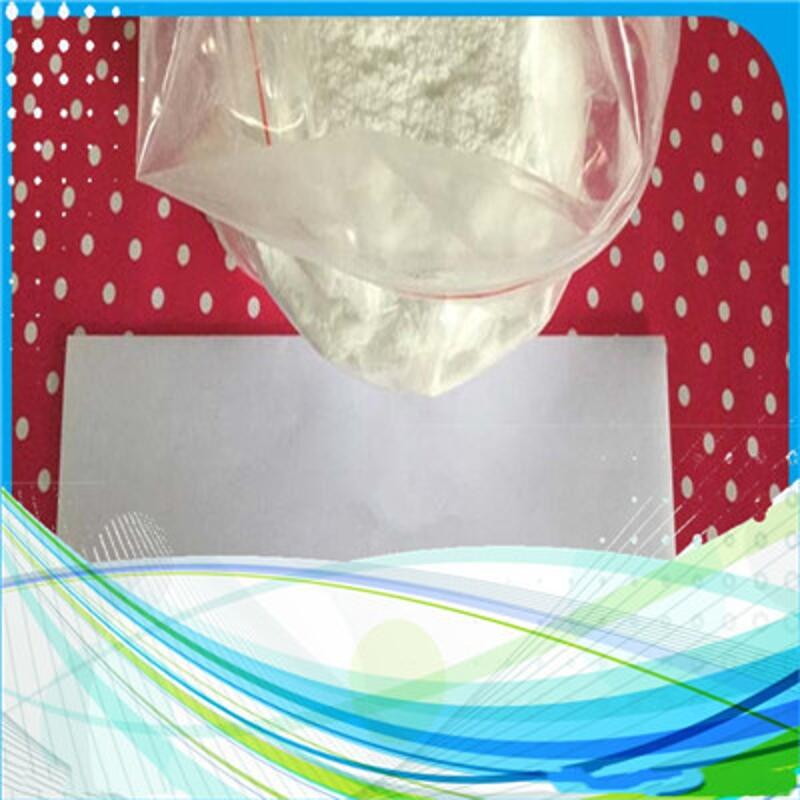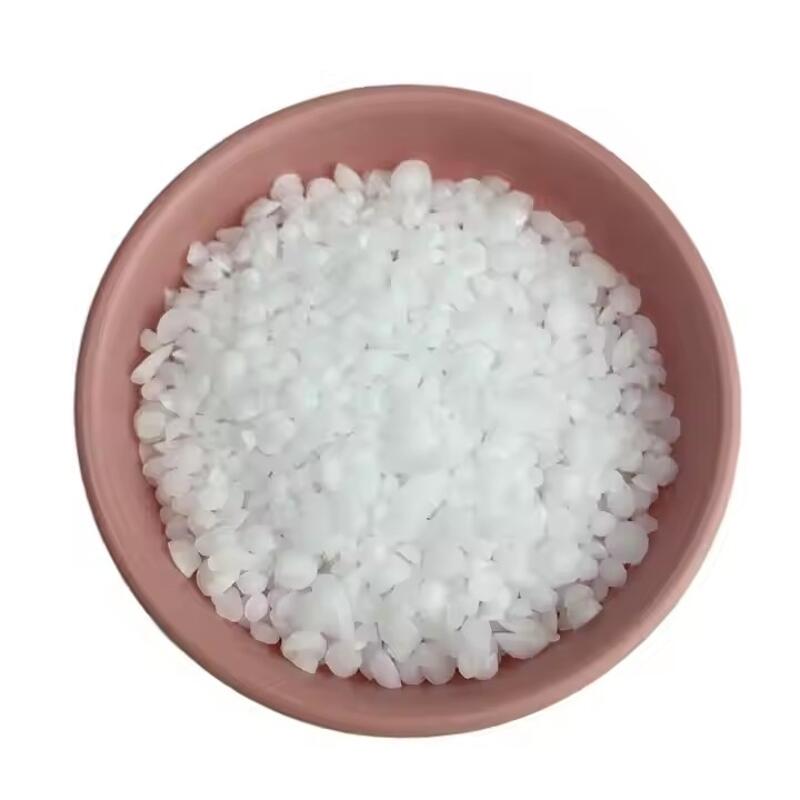-
Categories
-
Pharmaceutical Intermediates
-
Active Pharmaceutical Ingredients
-
Food Additives
- Industrial Coatings
- Agrochemicals
- Dyes and Pigments
- Surfactant
- Flavors and Fragrances
- Chemical Reagents
- Catalyst and Auxiliary
- Natural Products
- Inorganic Chemistry
-
Organic Chemistry
-
Biochemical Engineering
- Analytical Chemistry
-
Cosmetic Ingredient
- Water Treatment Chemical
-
Pharmaceutical Intermediates
Promotion
ECHEMI Mall
Wholesale
Weekly Price
Exhibition
News
-
Trade Service
Glycopeptide is a class of large molecular compounds combining oligosaccharides with peptides.
are used in the development of sugar drugs, such as glycopeptide antibiotics and anti-tumor vaccines.
decades of development, peptide synthesis technology is now very mature, the synthesis of oligosaccharides in recent years has also made progress.
the synthesis of glycopeptides remains a challenging challenge.
recently, the Wen Liuqing Task Force of the Shanghai Institute of Pharmaceutical Research of the Chinese Academy of Sciences, in collaboration with Wang Peng, a professor at Southern University of Science and Technology, completed a communication paper entitled Machine Driven Chemoenzymatic Synthesis of Glycopeptide published online on Angeew.Chem.Int.Ed.
the study reported the synthesis of sugar peptides with complex oligosaccharide structures using commercial peptide synthesizers and chemical enzyme synthesis strategies.
in the study, researchers screened a large number of solid-phase vectors that could be used for solid-phase synthesis to find a surface-aminoized silicon ball that can be used both as an organic phase for peptide chain synthesis and water-phase oligosaccharide synthesis (enzyme reaction).
the silicone ball has only an amino group on the surface, so the researchers designed a breakable linker that connects the silicone ball resin to the starting amino acid.
although this silicone icing resin is less efficient to load than the solid-phase resins commonly used for polypeptide synthesis, it can support both the peptide synthesis reaction in the organic phase and the enzyme catalytic reaction in the water phase.
this, the researchers, in conjunction with commercial peptide synthesizers, have developed a technology platform that contains two opposite systems for the synthesis of glycopeptides.
pre-adds resins loaded with initial amino acids to the reactor, and then the synthesizer automatically adds the next amino acid and shrink reagent (depulentation reagent) to the reactor, after the reaction is completed, pressurize and filter the remaining reagents, i.e. complete a cycle.
by setting up a reaction procedure, the corresponding amino acids can be cycled in turn, after multiple cycles can be obtained the target peptide chain. after
, the system switches to the water phase, the different glycosyl transferase and the corresponding glycoside in turn to carry out the same cycle reaction (reaction temperature of 37 degrees C), after multiple cycles can be obtained the target glycopeptide, and then the glycopeptide from the resin.
the sugar peptide synthesis platform is simple to operate, based on the commercial polypeptide synthesizer to achieve 13 complex glycopeptides (10 tumor markers MCC1 glycopeptides and three HIV glycopeptides) semi-automatic synthesis.
research is supported by funding from NIH Common Fund Glycoscience Program and Shanghai Pharmaceutical Institute.
()







